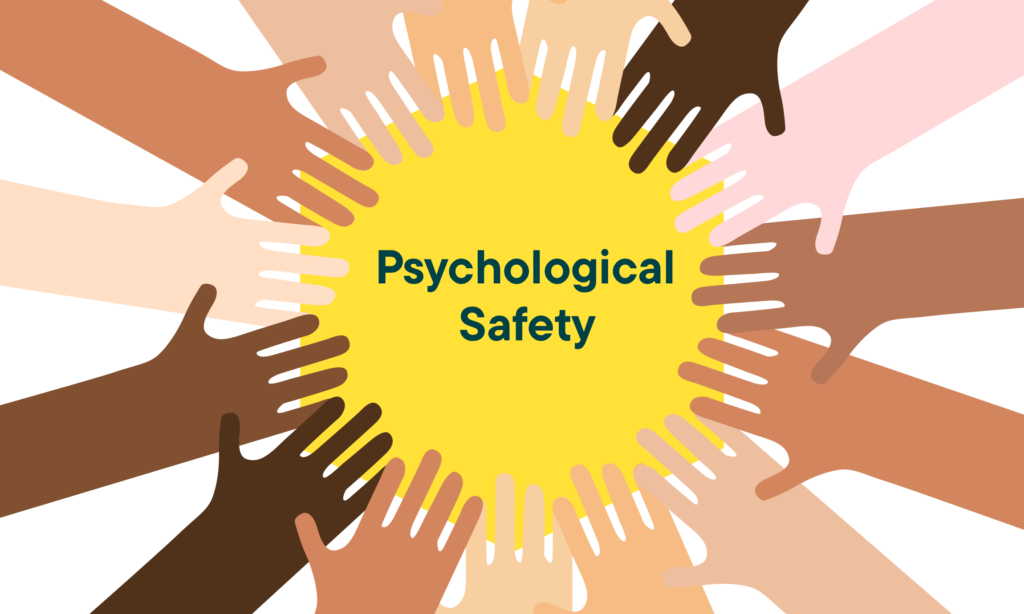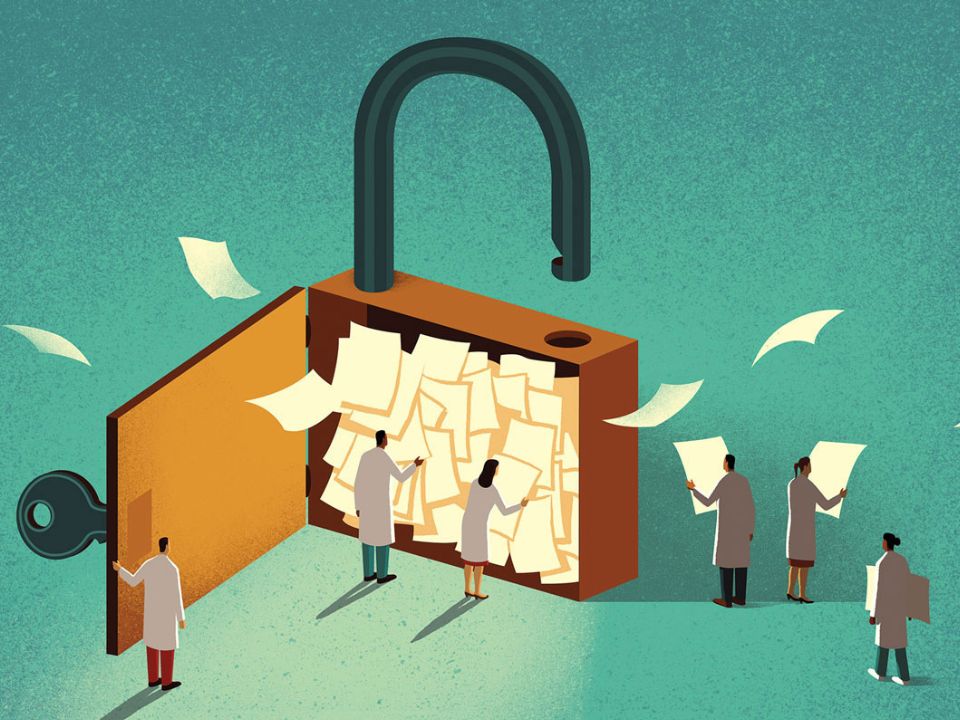
Companies must understand how crucial it is to provide psychological safety in today’s work environments. Although this idea may not be as well-known as other workplace efforts, it is important to employee performance and company success. Let’s dive into what psychological safety at work is.
The Definition Of Psychological Safety At Work

Image via Commercetools
Psychological safety refers to the belief that one can express their thoughts, ideas, and concerns without fear of negative consequences. It is the cornerstone of a healthy work environment. This is because it allows employees to be themselves and speak up openly without worry.
According to Great Place To Work, there was a study in 1999 made by medical teams about psychological safety at work based on two different teams. The study found that the team that makes more mistakes delivers better work because they openly admit their mistakes and get to improve. Meanwhile, the other team tends to hide their mistakes and not make any progress. This shows that having a supportive work environment is better for the company’s success.
The Impact Of Psychological Safety For Employees
Psychological safety actively contributes to employee well-being. When individuals feel safe, they experience lower levels of stress, anxiety, and burnout. Companies that prioritize psychological safety tend to have healthier and happier employees. However, there are more positive impacts of psychological safety for employees to discover.
1. Build Trust Among Employees


Images via Medium & RescueTime Blog
First and foremost, trust is the foundation of psychological safety at work. Employees must trust their colleagues, managers, and the company itself to create a safe space for communication and bonding. This trust enables employees to take risks, admit mistakes, and seek help when needed. All of these are essential for growth and innovation.
2. Encourage Open Communication


Images via Unsplash & Vecteezy
Therefore, the key element of psychological safety is open communication. When employees believe they can contribute creative solutions, openly discuss issues, and collaborate efficiently as a team without the fear of judgment, they are more likely to do so. Feedback is positive rather than harsh in a situation like this, it encourages a culture of ongoing development.
3. Boost Employee Success


Images via JobStreets & HRM Asia
Furthermore, employee success often rises in companies that prioritize psychological safety. Employees are more drawn to take calculated risks and come up with fresh concepts and projects when they have the freedom to express themselves. This can then lead to overall higher performance, better decision-making, and enhanced productivity.
4. Create Inclusion & Diverse Workplace


Images via The Conference Board & Great Place To Work
Lastly, inclusive and diverse workplaces are more likely to be psychologically safe. Employees are more willing to speak freely when they see that their different backgrounds and opinions are valued. With the wide range of points of view and experiences that various employees may offer, problem-solving can become fresh and creative.
In the modern workplace, fostering psychological safety is not simply pleasant to have, it is a must. Trust, open communication, employee satisfaction, and overall success are all closely tied. By prioritizing psychological safety, it creates a supportive culture that benefits both employees and the company. The fact that workers can develop and see their full potential when they feel safe is what matters most in the end.










